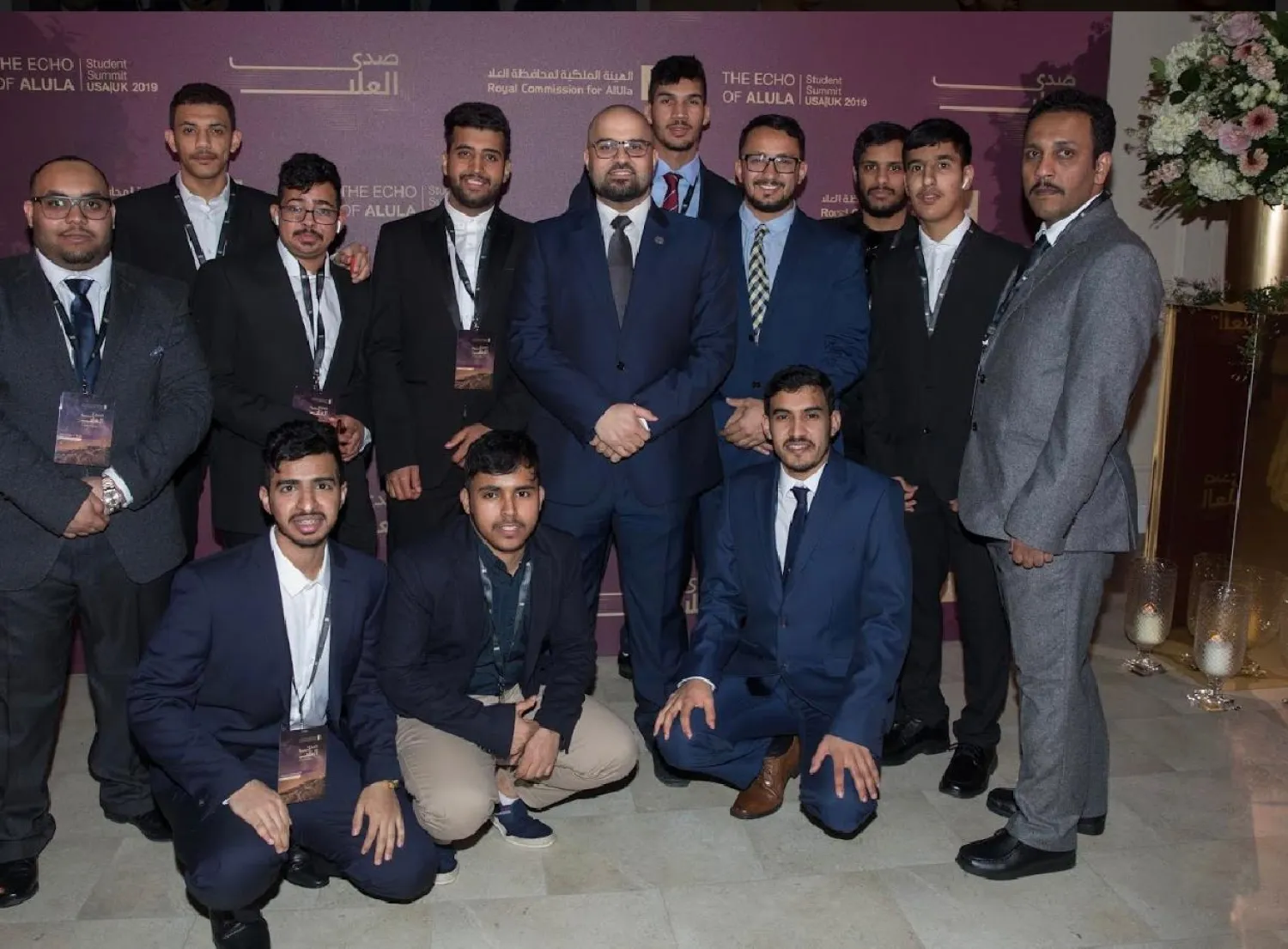Saudi Arabia’s Royal Commission for Al Ula (RCU) has designed its international scholarship program as a platform for Saudi students to hone their skills in leadership and innovation to fit future development plans for the north-western governorate.
This is in keep with the national plan for transformation, Kingdom Vision 2030, which places the historical governorate on the global tourism map.
The program focuses on laying the foundations for responsible comprehensive development centered around human infrastructure.
Since its launch, the program offered full international scholarships for Saudi students in a number of fields including tourism, agriculture, archeology and history. All of which falls under RCU’s plans to develop the historical governorate in the Kingdom and to raise a specialized generation.
The program contributes to building a knowledgeable society with the necessary skills and abilities, in line with RCU’s strategic objectives.
Students will receive a high-quality education and unique experiences that will make them valuable assets in the transformation and revitalization of the region. The program will enable the youth of Al Ula to get academic and professional training and enhance their skills as the future leaders of Al Ula.
“RCU’s efforts focus on developing the governorate as one of the most important archaeological and cultural areas in Saudi Arabia, pointing out that this development program aims to develop the national talents and cadres for sons and daughters of Al Ula, and give them the opportunity to develop their technical and leadership skills to participate in the future development movement of the governorate,” RCU’s Scholarship Program Director Mohammed al-Shukrah said.
Labeling it a cornerstone for developing modern societies, Al-Shukrah underlined that RCU’s vision for sustainable development is anchored by the training of youth leadership and national cadres.
“When I first read about RCU’s international scholarship program, I didn’t believe I would be accepted. But when I took the interview, I became sure that the program was unlike anything else and that it is really focused on honing human capacities,” Shawq Lafi Marzouq al-Balawi, an international scholarship student sponsored by RCU said.
Al-Balawi is currently undergoing the second phase of the program and her studies are focused on tourism and hospitality.
RCU has launched the second phase of its scholarship program, which gives successful applicants the opportunity to pursue degrees at prestigious universities and academic institutions in the United States, the United Kingdom, France and Australia.
This comes as part of RCU’s commitment to working with the local community to build their capabilities and develop the region sustainably.
The students will also learn the languages of their host countries. The scholarship program is strategically built to provide students with the skills, expertise, specialties and tools that the labor market will need in the future.
Upon their return to Al Ula, RCU aims for them to contribute to shape the future of the region.
The program has been designed to span up to five years, ensuring the development of new and vibrant sectors of the local economy for the students to take a part in the transformation once they receive their training, education and fruitful experiences.









